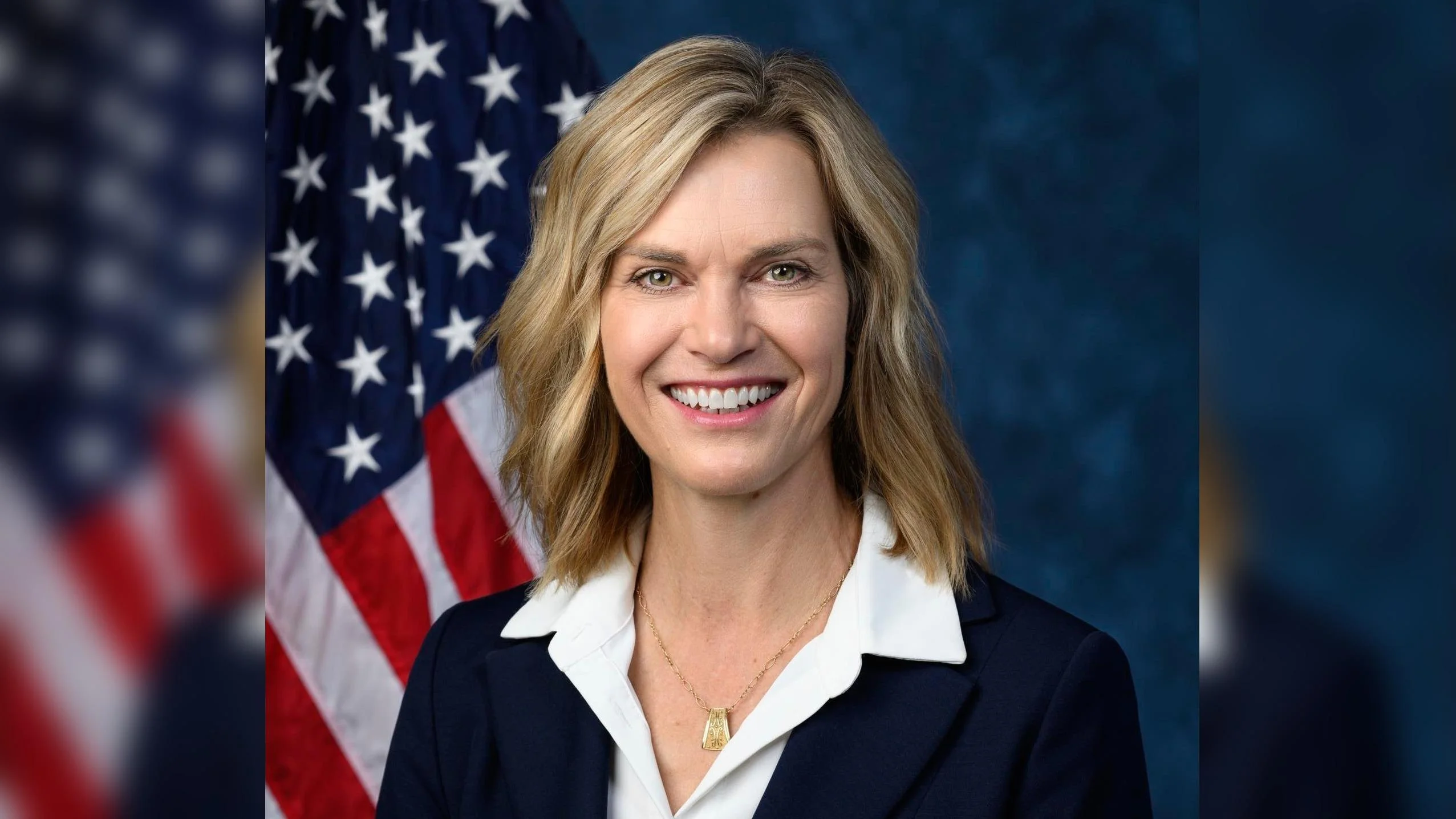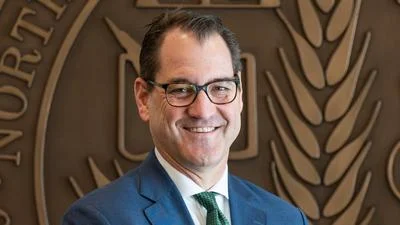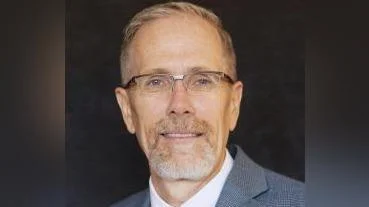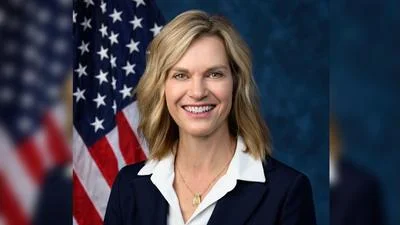Julie Fedorchak Congresswoman | Official Website
Julie Fedorchak Congresswoman | Official Website
At a recent Energy Subcommittee hearing on pipeline safety policy, Congresswoman Julie Fedorchak (R-ND) advocated for reforms at the Pipeline and Hazardous Materials Safety Administration (PHMSA). She emphasized the need for faster training programs for state pipeline inspectors and called for the revival of key pipeline safety demonstration programs.
Fedorchak highlighted delays and bureaucratic hurdles at the federal level, which she argued are jeopardizing public safety and energy reliability. During her questioning, she stated, “I have recognized the challenges of PHMSA in terms of staffing for years. One of the challenges is they don't operate a state inspection training program as effectively as they could to help get more state inspectors out there. It takes too long to certify these people.”
Mr. Black responded by acknowledging the importance of experienced state inspectors in ensuring pipeline safety. He mentioned his visit to PHMSA’s Training Center in Oklahoma City and expressed support for expanding its capacity: “Anybody inspecting a pipeline is quality, knows what they're doing, and is working in concert with others—we'd like to do that.”
Mr. Caram also addressed issues within state programs: “You've identified a real issue with state programs... increasing PHMSA’s ability to attract and retain talent... would go a long way in keeping that talent on the state programs longer."
The congresswoman also questioned about reviving the Pipeline Safety Technology Demonstration Pilot Program, which was halted by the previous administration. She said, “I'm curious about this demonstration program that was choked off by the last administration... What do we need to do to reinvigorate this pilot program so we can test some of this stuff?”
In response, Mr. Black suggested reauthorizing the program: “First, Congresswoman, reauthorize the program in this upcoming reauthorization... show PHMSA the importance you have in demonstrating new technologies and how they can improve pipeline safety.”




 Alerts Sign-up
Alerts Sign-up